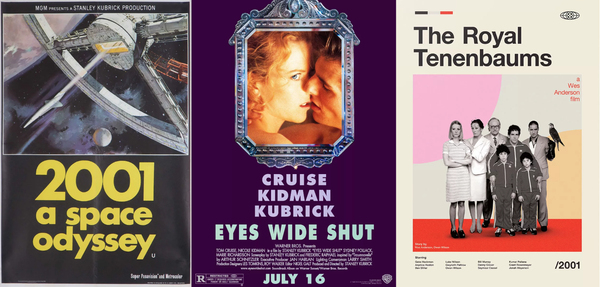Is it Cheating to Use Generative AI?
No.

You will quite regularly see articles debating the ethics of using AI to help with your writing, your school work, your office work. There is an ethical debate to be had, but to understand why these tools are not a form of cheating, you need to know a little bit about how these tools work. There are many other tools that you will have been using for years without even thinking about it.
Is Google Search cheating?
Is it cheating to use Google Search? Well, it can be. What about using a calculator? Well, it can be. What about spell checkers? Aren’t they just a clever digital dictionary that saves time? And predictive text? And those sentence snippets your phone keep suggesting, the ones you can’t figure out how to turn off?
There are a couple of ways that people sometimes consider use of these tools to be a form of cheating. There is the context of a formal assessment or exam, whether that be at school, college, university or at work. Put simply, the use of these tools is only cheating if they are forbidden in the rules. Sometimes a calculator is allowed in a test, sometimes not. Sometimes in foreign languages, you are allowed a dictionary or your own vocabulary notes. Sometimes you’re not. This form of cheating should be clear cut, but AI tools have exploded onto the scene so quickly that rules cannot be expected to ban AI in explicit terms. We had all these sorts of debates when Napster and Spotify emerged, and when eBooks and Google Books emerged. Not everyone is happy with where things ended up and the debate continues, as it has throughout history.
Is driving a car cheating?
Is it cheating to use a car instead of riding a horse? Yes it is, if you are a jockey in the Grand National. Only a comedian would ride a horse at Silverstone. Is it cheating to walk instead of crawl? No doubt someone once thought so.
The second form of cheating is not in an exam but in general day to day work or home life. This is much more difficult to navigate because so much hinges on the expectations of your client, customer, teacher, manager, friend. If you’re sitting in a job interview, not a test but just a conversation, would it be cheating to have really good answers fed to you by an earpiece? Never mind how difficult that might be to orchestrate. Would it be cheating?
Once you start work in your new job, it turns out that there isn’t as much time to do everything as you hoped. Your team isn’t big enough to do all the work as well as you would like to do it. Occasionally, but possibly more frequently as time goes by, there comes up an urgent task that requires some other tasks to be dropped. Your manager will ask you to do something: “Can you get me this spreadsheet by 4pm tomorrow?” They might ask questions like this several times a day, or hourly, or weekly, depending on where you work. I cannot remember a single work situation where a manager added words to this effect: “Oh and by the way, you must not use the best tool for the job. I want you to use a tool from 1985.1”
If you’re a manager yourself, your own manager will not often add: “Oh and by the way, you must not delegate this task under any circumstances.” They might, and you might be able to think of a suitable context. Perhaps this is sensitive work that you can’t delegate because the other person would learn something that they are not to know about, maybe a new blockbuster product launch.
Managers are generally pragmatic individuals. If they’re up against it, and they’re not explicitly testing you for some reward or certificate, they don’t really care what tools you use to do the work. Nobody would realistically consider you dishonest for using Generative AI, which at the moment is nothing more than a very powerful yet frustrating and inefficient beta tool.
There are lines of work where this debate gets quite pointy. I would sum up those areas as being the creative industries. If you are buying a book by someone like Stephen King, you might feel cheated if you learned that ChatGPT had produced all the text. You might not, but it is quite likely. This is an example of the expectation of the recipient being central to the debate. What if Stephen King prints on the cover: I have not written a word of this, but I did have to write all of the two thousand prompts to get ChatGPT to write it for me. Does that feel any better? Would he even dream of doing this? Isn’t it easier to learn how to write a novel than it is to write two thousand prompts?
By the way, is it cheating to put your photos through an image enhancement tool like Photoshop? Or to use those magic editors on your phone to do all that difficult and fiddly Photoshop stuff on your behalf?
How would you feel if you learned that all those Beatles records were created by AI? How would you feel if you heard some unknown music you liked that you wanted to buy, but when you got home to play it, you saw that it was created using AI? You still enjoyed the music.





